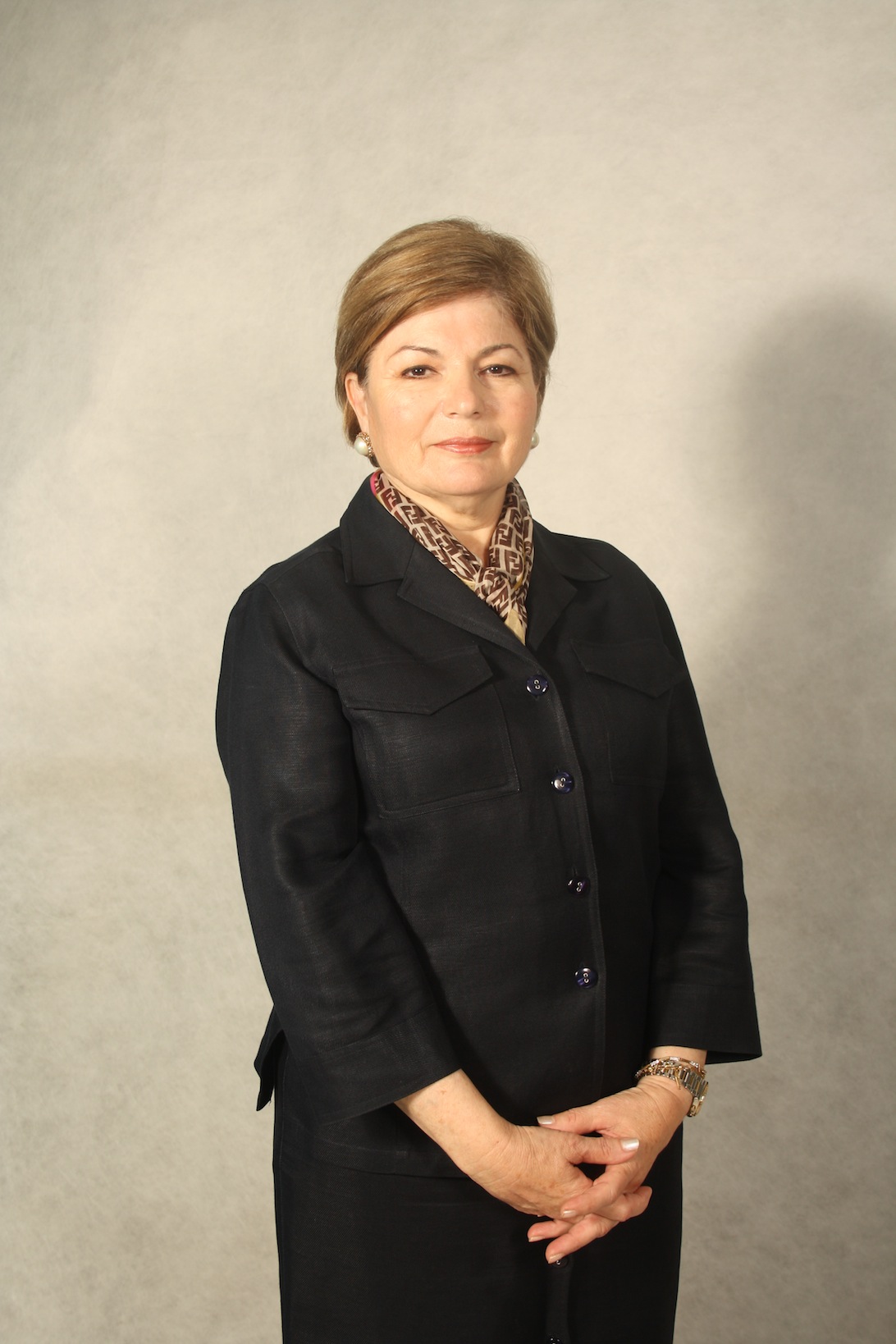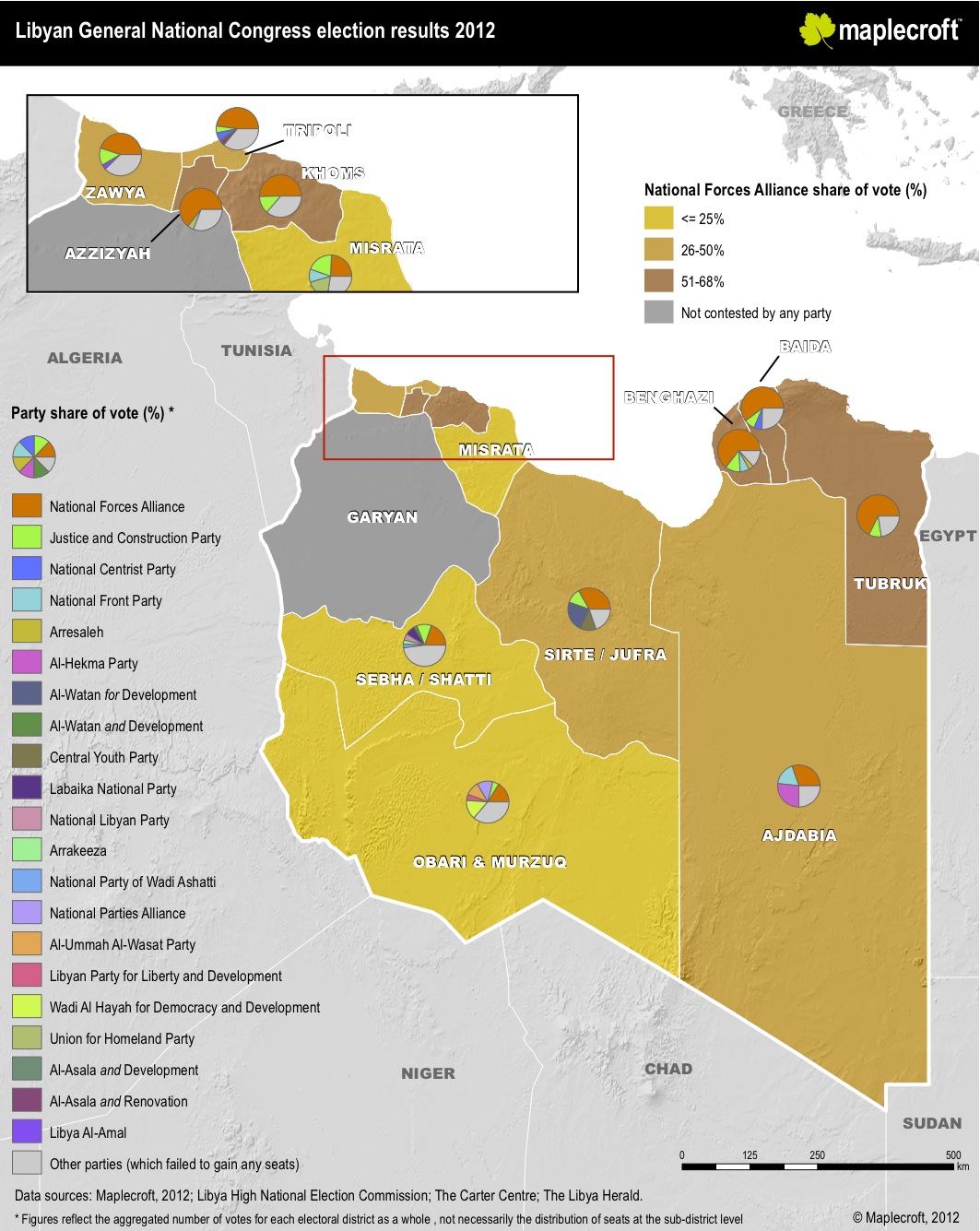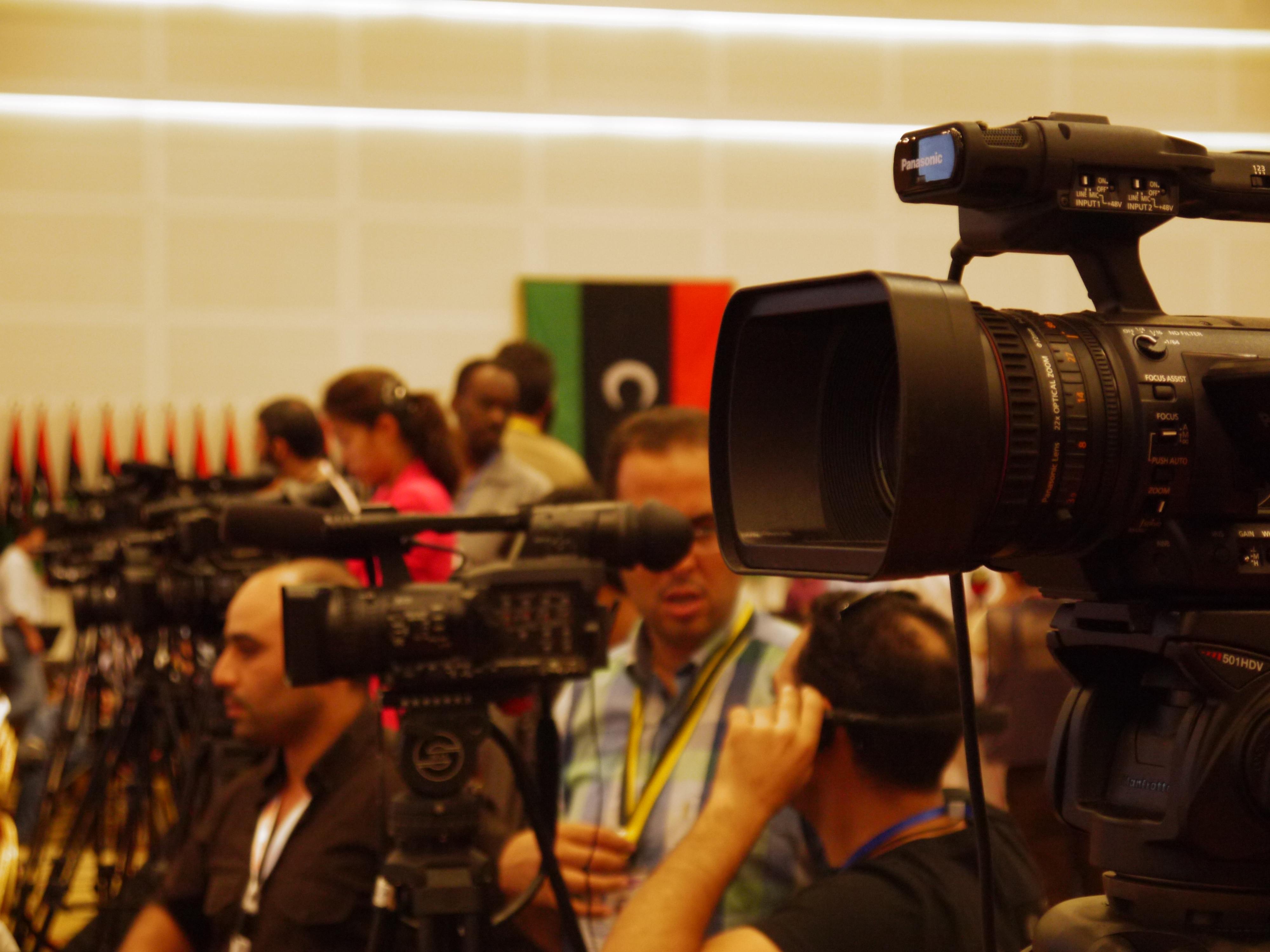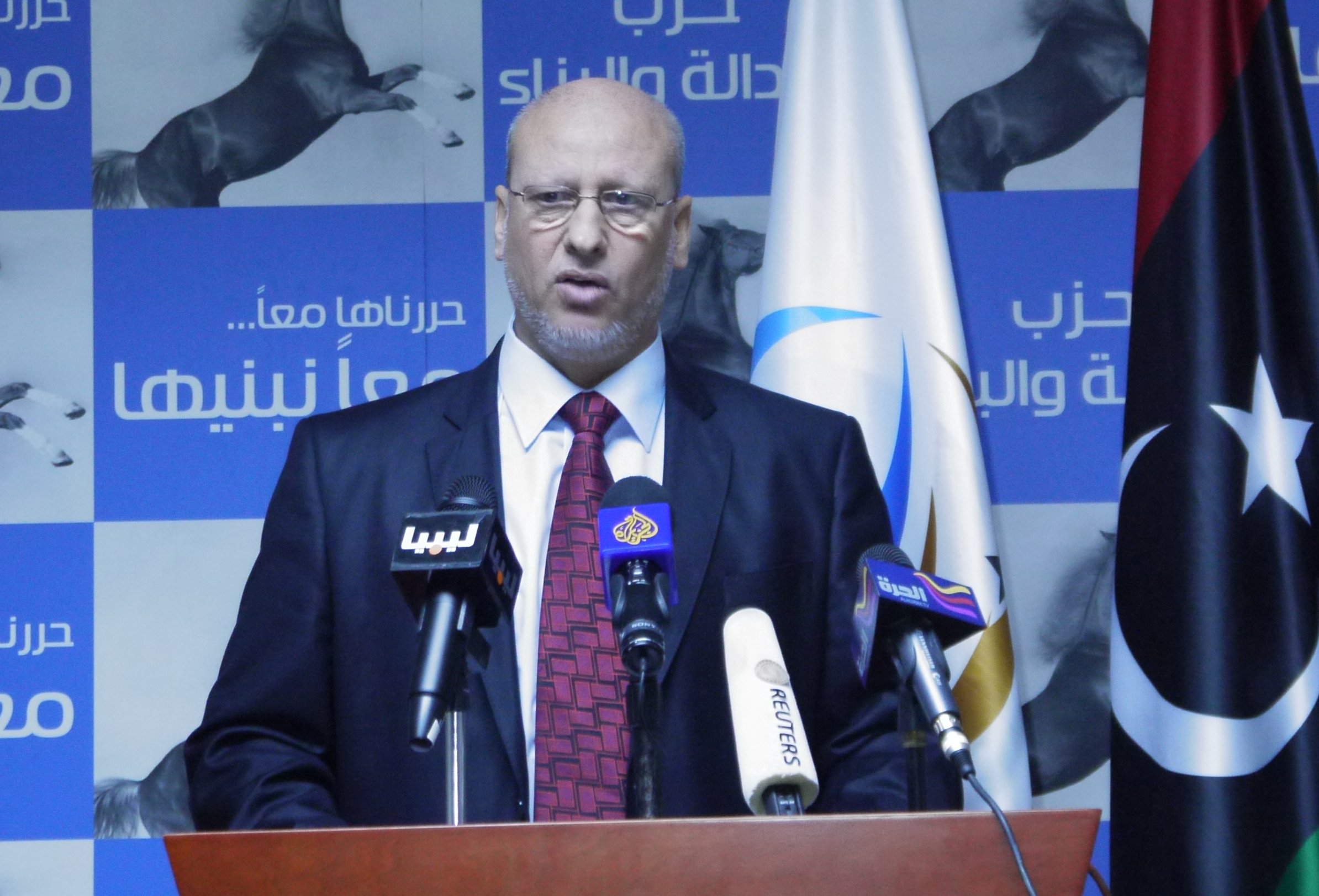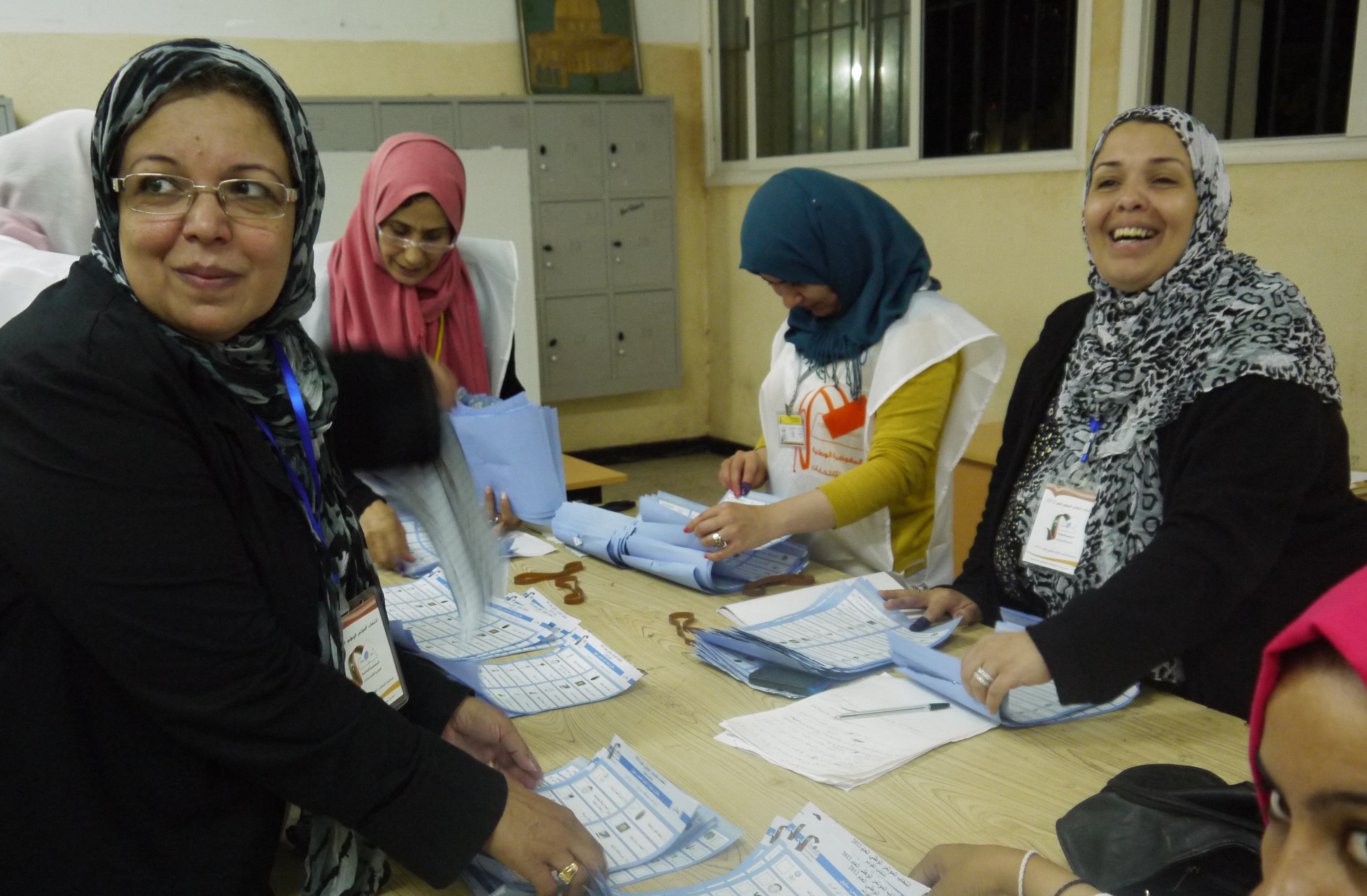By Nahla Al-Ageli.
Tripoli, 29 June:
“In Libya today, the only thing is for women to lead themselves. It is their time to . . .[restrict]be in the driving seat and make their movement as strong as can be.” Those were the words last November of Dr Ashour Omar Gebreel, a prominent Libyan physician based in the UK who as a result of his work with World Health in Afghanistan was awarded an OBE in 2006 by Britain’s Queen Elizabeth II.
“My advice is to take and grab this chance by your teeth, keep it and fight for your rights,” he said. “During this revolution, I saw for the first time mothers of martyrs who looked at their dead sons and gave a zaghrutta (the Middle Eastern cry of joy, more usually heard at weddings)! Truly, without the women, nothing would have happened.”
Fast forward to today. After much dispute and heated argument, with e-petitions to and fro and demonstrations, the NTC finally chose not to impose a quota for female representation. However, the High National Election Commission did decide that for the 80 seats reserved for parties to contest, the names on the lists submitted by them had to alternate between men and women. If the first candidate on the list was a man, the second had to be a woman ad so on, or vice versa. The result is there are 625 female candidates, 540 of whom are being presented by the 130 political parties on the ballot list. However, there are only a meagre 85 women out of the 2,500 candidates contesting the 120 seats reserved for individuals.
Part of the problem has been the lack of time, as direct campaigning was not allowed before 18 June. Also many candidates and parties have complained that they lack financial backing from both within and outside the country and none have prior experience of running for office. Even publicity is something new to Libyans and they do not appear to know how to use it to their full advantage.
To help, the United Nations Development Programme (UNDP) and together with a number of NGOs have been holding workshops and trying to raise awareness on the issue for months. This week, also, the “My Voice for Her” initiative has been holding last-minute meetings to encourage tactical political strategies and voting for women.
Everyone is in the race to earn a much-coveted seat in the National Congress which will be entrusted to write down a new constitution to shape Libya’s future for generations to come. It has not been possible to interview all the female candidates but I spoke to three well placed female candidates, one based in Tripoli and the other two in Benghazi. They explained their political position and priorities.
Ibtisam Ben Amer, The Libyan National Party
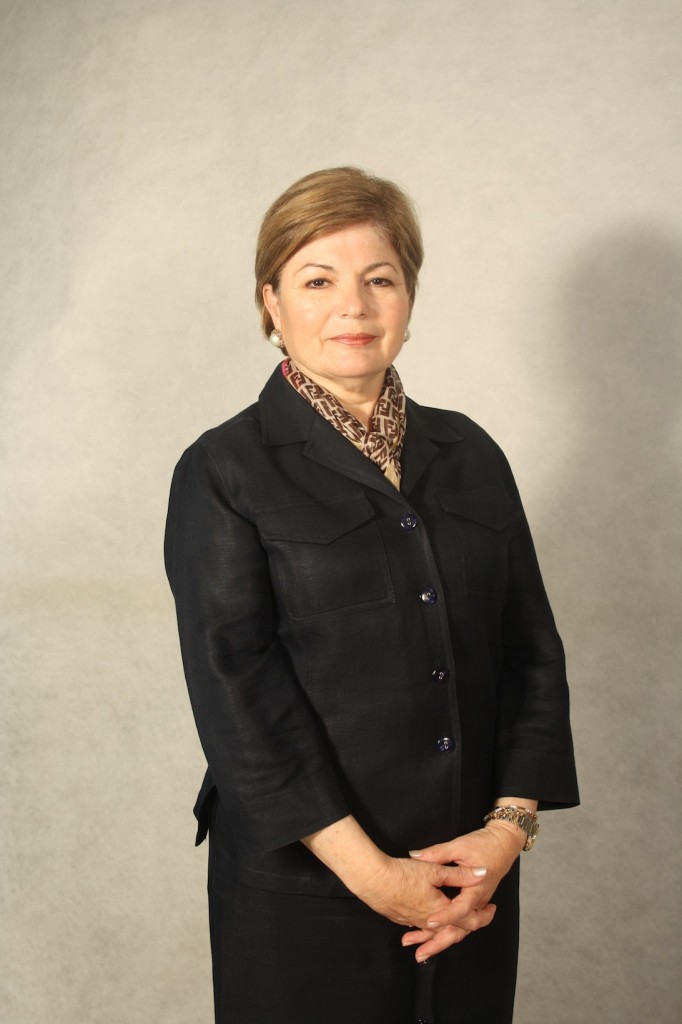
Sixty-year-old businesswoman, Ibtisam Ben Amer, was listed in 2006 as one of the “Top fifty most powerful Arab businesswomen’ in Forbes Magazine. She is running as a member of the Libyan National Party, led by Bashir Mohammed Rabti, and her name is top of the party’s candidate list in the Hay Al-Andalus district, Tripoli.
Her credentials are many: fluent in three languages, a board member of the Chamber of Commerce in Tripoli, member of a group of businesswomen supported by the British Council, member of the International Ladies Club and Oea Club. (The latter is a social hub of ambassador wives and active female professionals). She also owns a store importing and selling top quality Belgian chocolate.
She said: “I entered politics because I want to serve Libya before I die. In my own way, I believe this election is very important, as the National Congress will determine our future as a democracy. However, we are a little short of publicity. We have been trying and competing against others who have strong financial support from foreign countries. This is a fact giving them more of a chance than the rest of us.”
Ben Amer is scheduled this week to attend a TV debate on Al-Assema Channel, arguing against another political candidate. She hopes to emphasise her party’s priorities: to ensure a democracy in Libya and offer everyone a decent education, decent healthcare and improve income. The most immediate concern, however, is to address national security and safety. As she said: “No excuses should be given here.”
Her personal campaign is done through her business, talking to her clients at the chocolate shop in central Tripoli, using her social contacts, speaking with family and friends. She said: “My lovely daughter, who is far more digitally savvy, has also created a Facebook page for my campaign. I just strongly believe that Libyan women are hard-working, the majority sincere and willing to take on the challenge. I know we can do it!”
Ben Amer’s Libyan National Party has 5,000 members with 40 percent of them women. They are 14 women candidates out of 30. One of their slogans, done up in a cartoon, is: “We believe that women are not a part of the society, but are essential partners. We promote the free opinion of women and do not believe in a society dominated by men.”
Jamilla Fallag, Independent Candidate
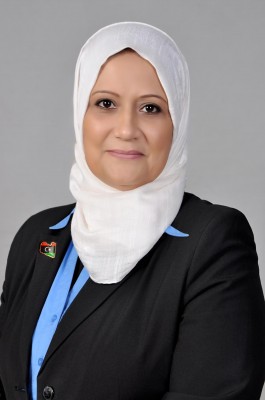
Feisty 48-year-old writer Jamilla Fallag is registered candidate number 40 in the Benghazi district. She is standing as an independent. Known for her passionate views and political activism, she said: “I’ve never been afraid to speak my mind. From 23 February last year, I was writing in my own name and speaking up publicly against the regime. But even years before the revolution, I took part in student demonstrations at university in Benghazi to topple Qaddafi and got arrested by government forces and put in prison four times between 1982 and 1984.”
In her campaign, she has been speaking on radio and television. She has been active on the internet through her Facebook page and blog, has been handing out flyers in the street and lobbying people directly. Everyday, she is on the phone for several hours campaigning.
Her priority is to create a national dialogue regarding Libya’s future and ensure equality for all women citizens. She believes it is time to move from a patriarchal society and change cultural habits to engage more women in politics.
Dr Abeir Imneina, The National Front Party
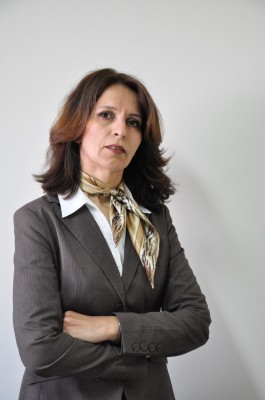
Forty-four year old Dr Abeir Imneina is a highly qualified academic who studied politics at Benghazi University and went on to complete a PhD at the University of Lyon, France. She is a member of the National Front Party. It claims to be the oldest political organisation in Libya, created in 1981 by Mohammed Yousef Magariaf. Untill earlier this year it was also as the National Front for the Salvation of Libya.
During the Revolution, Imneina joined the Libyan Red Crescent Society to search for lost and kidnapped citizens and act as a translator for visiting French officials as well as journalists. She has recently give a number of lectures in Benghazi, introducing law and political concepts to the general public. Working with the NTC, she also helped form the Support Group for Women.
Her main aim has been to spread maximum awareness of citizenship values and human rights, as well as reinforce the need for female participation in building a new state. She was a member of the Committee for Preparation of the Laws for the Election for the National Assembly. Recently also, she has been an active member of a forum to disseminate knowledge of civic culture in Libyan universities. She campaigns mainly through the internet.
Her hopes are: “For the Libyan people to successfully pass through this transitory phase towards democracy promptly and peacefully. For women, I hope from the bottom of my heart that we be given an important role in society, along with powerful and decent posts to perform the duties entrusted to us.” [/restrict]


